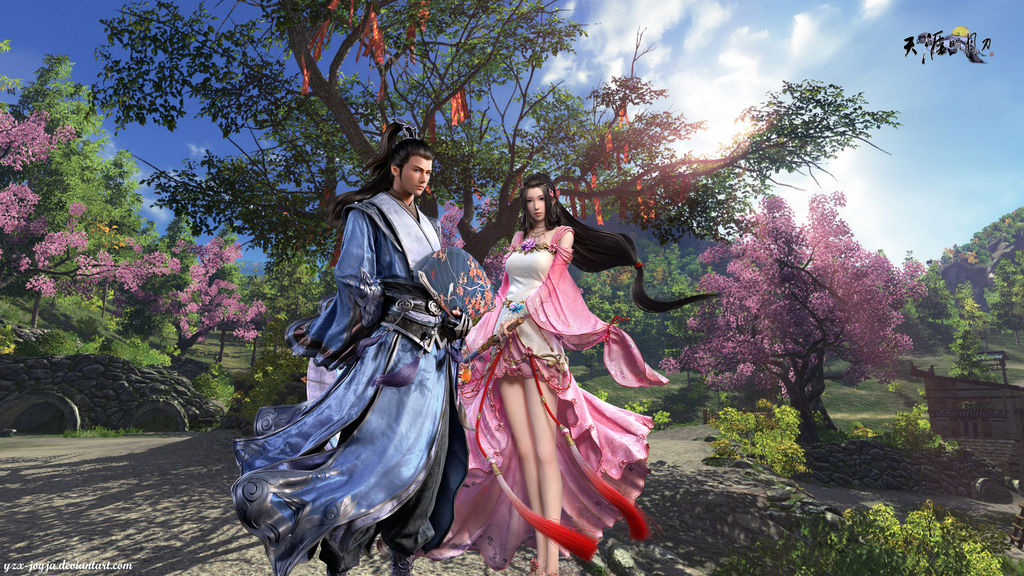The Online Gaming and Social Media – Building Digital Identities and Communities
Online gaming and social media have become a powerful force in shaping digital identities and fostering vibrant online communities. This dynamic interplay allows players to craft unique personas within virtual worlds, fostering a sense of belonging and shared experience. Social media platforms like Discord, Twitch, and YouTube further amplify this phenomenon by providing spaces for gamers to connect, share strategies, and celebrate victories. At the heart of this digital identity construction lies the avatar, a digital representation of the player within the game. Through avatars, players can experiment with different aspects of themselves, expressing their creativity and aligning themselves with in-game goals. A player might choose a fierce warrior persona in a fantasy RPG, or a meticulous builder in a simulation game. These choices contribute to the overall digital identity, allowing players to project desired traits and explore aspects of them that might be hidden in the real world.

Social media platforms act as the connective tissue between these digital identities and the broader gaming community. Platforms like Discord offer dedicated servers for specific games, fostering communication and collaboration among players. Guilds and teams formed within these spaces solidify the sense of belonging, as players work together towards common goals. Sharing strategies, funny moments, and in-game achievements on platforms like Twitch and YouTube further strengthens the community. Streamers, who broadcast their gameplay experiences, become celebrities within these communities, inspiring and guiding other players. Their content creation fosters a sense of shared experience, allowing viewers to connect with the streamer and feel part of something larger. This online community building is not without its challenges. The anonymity afforded by the online world can sometimes lead to toxic behavior, with players resorting to harassment or bullying. However, gaming communities often develop their own systems of moderation, with players policing each other’s behavior to maintain a positive environment. Additionally, the pressure to conform to certain online personas can be detrimental, leading to feelings of inadequacy or inauthenticity.
Despite these challenges, the positive aspects of online gaming communities are undeniable. These spaces provide a platform for connection, fostering friendships and social support networks across geographical boundaries. Players with shared interests find a sense of belonging, while the collaborative nature of many games promotes teamwork and problem-solving skills. Furthermore, online gaming communities can be surprisingly inclusive, offering safe spaces for marginalized groups to connect and build meaningful relationships. Looking ahead, the future of online gaming and social media seems intertwined. The rise of virtual reality VR and augmented reality AR has the potential to further blur the lines between the real and virtual worlds, creating even more immersive experiences and fostering even stronger digital identities. Social media platforms will likely continue to adapt and evolve, providing even more opportunities for gamers to connect and share their experiences. As these technologies continue to develop, it will be crucial to ensure that online moonlight blade gaming communities remain positive and inclusive spaces, fostering creativity, connection, and a sense of belonging in the digital age.